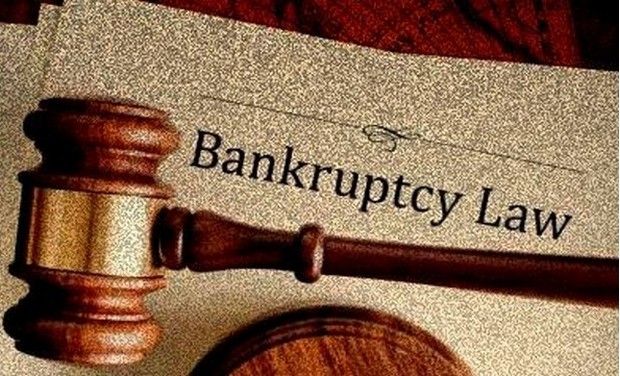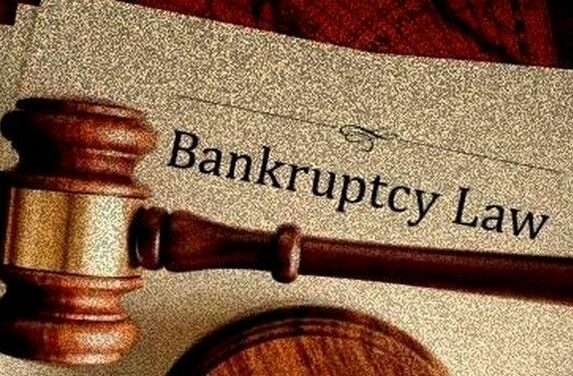Civil Court Decree Holders Cannot Invoke Insolvency Code


In a recent judgment, the National Company Law Tribunal Principal Bench at Delhi[1](“NCLT”), while deciding an application for initiating corporate insolvency resolution process under the Insolvency and Bankruptcy Code 2016 (the “Code”), held that the Code cannot be used to execute decree of civil court and the remedy for the petitioner is to initiate execution proceeding before appropriate civil court.
The brief fact of the case is as followers. The claim arises out of invoices raised by the petitioner to the respondent in 2011, in connection with a transaction for selling spherodial graphite rolls to the respondent. After paying certain amount, the respondent defaulted the balance amount under the invoices. The petitioner filed a summary suit before the Sr. Civil Judge Ahmadabad and obtained, in his favour, an ex parte decree in 2016, directing the respondent to make the payment along with interest.
In 2017, the petitioner issued demand notice to the responded under the Code for the payment of the balance due under the same invoices. Thereafter, the petitioner approached NCLT to invoke the corporate insolvency process against the respondent under the Code. While considering the application, the NCLT noted that the last date of payment under the invoices was on 25 February 2014 and the balance, which is the claim amount, is due till then. NCLT further observed that due to Section 433 of the Companies Act 2013, the provision of Limitation Act is applicable to proceeding before NCLT also. Accordingly, NCLT dismissed the application of the Petitioner on the ground that the amount claimed by the petitioner, as ‘debt’ against the respondent was time barred and could not be a ground for invoking the liquidation proceedings before the NCLT.
NCLT, while dismissing the application on the ground of limitation, didn’t entertain the civil court degree passed in favor of the petitioner. As regard to the decree, the NCLT was of the view that, the remedy for the petitioner is to approach appropriate civil court for execution of decree and NCLT cannot be converted into an executing court.
Analysis:
The judgment of NCLT will have far reaching consequences in relation to various decree holders and arbitration award holders including banks and NBFCs. The delay and difficulties in execution of a decree in India is quite notorious, which made the Privy Council to observe as early as in 1872 that “….the difficulties of a litigant in India begin when he has obtained a Decree”.[2] These difficulties are aggravated with the passage of time, often reducing the entire legal system as a mere instrument for judgment debtor to defraud the creditor. One of the reasons for the large NPAs in the country can be attributed to the failure of the execution procedure.
The inadequacy of the existing recovery procedures resulted into the passage of the new Code, which comprehensively addresses the issues related to insolvency and recovery in a time bound manner. The Code allows a financial creditor or operational creditor to initiate the process under the Code on a default in payment of a debt. The Code defines ‘debt’ as “a liability or obligation in respect of a claim….” and ‘claim’ as a “right to payment, whether or not such right is reduced to judgment”. Hence, definition of debt categorically includes claims arising out of judgment. Further, the Code defines ‘creditor’ as “any person to whom a debt is owed and includes a financial creditor, an operational creditor, a secured creditor, an unsecured creditor and a decree-holder”. The definition of creditor unequivocally includes a decree holder.
A financial creditor or operational creditor invokes provision of the Code merely establishing a default. The requirement is limited to establish an instance of default of non-payment of a debt. A decree is a claim adjudicated by a competent court of law, which stands on the higher footing as compared to any other instance of default. In view of this judgment, banks holding judgment/recovery certificate from debt recovery tribunals may no be able to invoke the Code. So is the case with arbitral awards obtained by creditors particularly NBFCs.
Shutting the doors of NCLT for the holders of civil court decree or arbitration award, on the ground that they have remedy in the form civil execution proceeding, defeats the express provisions of the Code as well as the whole purpose of the Code, which is ensuring time bound insolvency resolution.
[1] M/s. Deem Roll Tech Limited v. M/s. R.L. Steel & Energy Ltd (Company Application No. (I.B) 24/PB/20-17)
[2] Court of Wards vs. Maharajah Coomar Ramaput Singhad.


